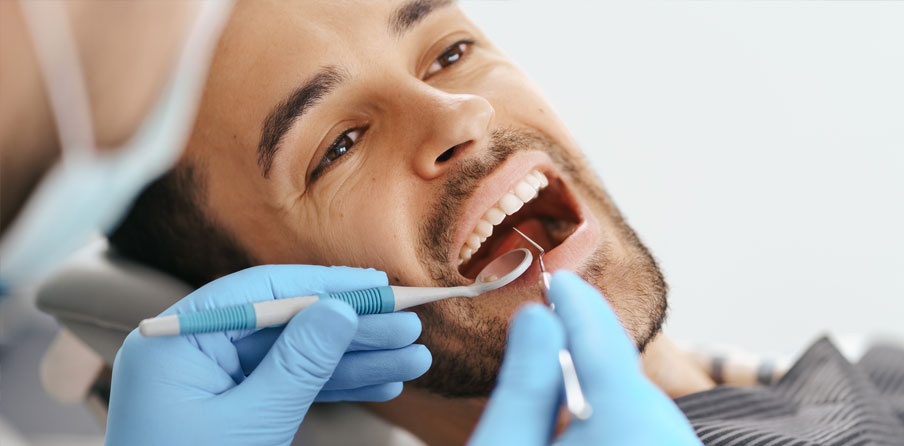In recent years, the field of orthodontics has witnessed remarkable advancements, offering a plethora of modern solutions for those seeking straighter teeth and a more confident smile. Traditional metal braces, while effective, are no longer the only option. Today’s patients can choose from a variety of innovative treatments that cater to different needs and lifestyles, ensuring both comfort and efficacy. One of the most popular alternatives to conventional braces is Invisalign. This system utilizes clear, removable aligners that are custom-made to fit each patient’s teeth. The aligners gradually shift the teeth into their desired positions without the need for metal brackets or wires. Invisalign is particularly appealing because it is virtually invisible, allowing individuals to straighten their teeth discreetly. Additionally, since the aligners can be removed, patients can maintain their usual oral hygiene routines and eat without restrictions, enhancing both convenience and overall dental health. Another modern solution is lingual braces, which are similar to traditional braces but are placed on the inner surfaces of the teeth, making them invisible from the outside. Lingual braces are highly effective for complex cases and provide a hidden approach to orthodontic treatment.

Nevertheless, the aesthetic advantage they offer makes them a popular choice for adults and teens alike who are concerned about the visibility of their orthodontic appliances. For those looking for a faster route to a straight smile, accelerated orthodontics might be the answer. Techniques such as Propel and AcceleDent have been developed to speed up tooth movement, reducing the overall treatment time significantly. Propel involves creating small perforations in the bone surrounding the teeth to stimulate bone remodeling and accelerate alignment. AcceleDent, on the other hand, uses a hands-free device that patients wear for about 20 minutes a day, delivering gentle vibrations to the teeth and supporting structures. Both methods can be used in conjunction with traditional braces or clear aligners, providing a versatile approach to expedited treatment. Self-ligating braces represent another significant advancement in orthodontics. These braces use a specialized clip instead of elastic bands to hold the wire in place, allowing for a more comfortable and efficient treatment process.
Self-ligating braces come in both metal and clear ceramic varieties, offering a balance between functionality and aesthetics. Technological innovations have also introduced the concept of 3D imaging and digital treatment planning in orthodontics. These technologies enable orthodontists to create highly precise treatment plans tailored to each patient’s unique dental anatomy. By using 3D scans of the patient’s teeth and jaw, orthodontists can simulate different treatment outcomes and make more informed decisions and click here. This not only enhances the accuracy of the treatment but also allows patients to visualize the expected results before commencing the procedure, boosting their confidence and commitment to the process. In conclusion, the modern solutions available for achieving straighter teeth and a confident smile are diverse and highly advanced. From the subtlety of Invisalign and lingual braces to the efficiency of accelerated orthodontics and self-ligating braces, patients now have more options than ever to find a treatment that aligns with their aesthetic preferences, lifestyle, and orthodontic needs. The integration of cutting-edge technology further enhances the precision and predictability of these treatments, ensuring that the journey to a perfect smile is as smooth and satisfying as possible.


